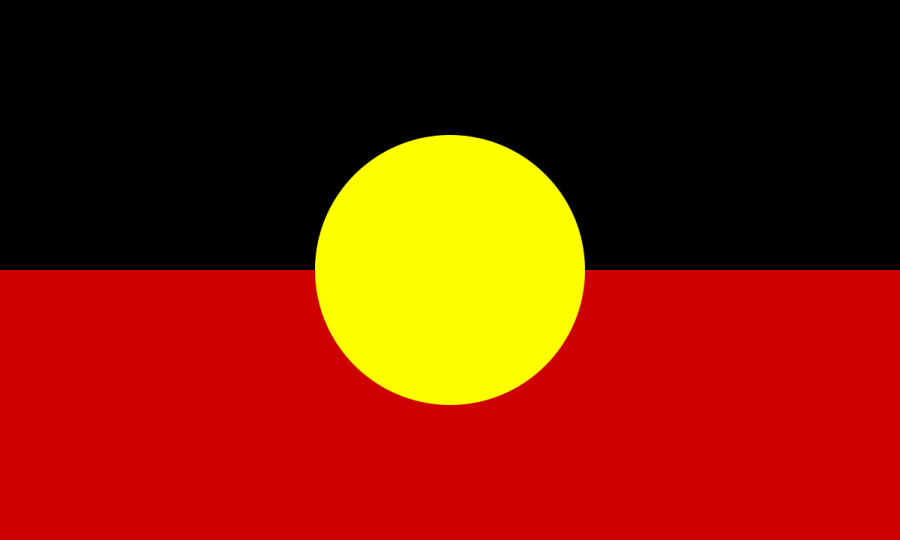Betsy Grady, Ed.D., Head Teacher, Social Studies, Cambridge Rindge and Latin Pilot School.
"Teaching a high school introductory course on anthropology is a daunting and challenging task. Most introductory textbooks and materials are written for a college audience and are unfortunately antiquated, tedious, and bland. Most of these texts also spend a good deal of time explaining evolution, the beginnings of civilization, and historical cultures in a static and factual manner, thereby boring the kids to death. Over the years I have witnessed how the study of `others' and the notion of `other' in our modern world -- that is studying about other peoples who live among us here and now -- is what most often resonates with kids.
"From a curricular perspective, this fascination with the `other' is the entry point for many kids into the material...a way for them to enter, study, and eventually master difficult material and concepts. This curricular model is precisely why working with a non-profit human rights organization, founded by anthropologists, has made so much sense for my class. From our collaboration with Cultural Survival we are able to supplement theory with practice, and apply new found skills to tangible social problems.
"Together Cultural Survival and I introduced students to peoples ranging from the Australian Aborigines to the Xavante of Brazil. The students learned fundamentals of introductory anthropology from concepts of the `other' to the purpose of ethnography, the role of participant-observation, the meanings and influences of observer bias, ethnocentrism, etc. What is unique is that students were able to learn these fundamentals by learning about contemporary cultures, exploring case studies, and through the use of visually, intellectually, and politically engaging material. The entire course, a semester long introductory class, and the final on-the-ground simulation activities of the student conference dealing with the Australian Aborigines' struggle for political and economic recognition in their homeland (a struggle that was all over the press at the time of the conference), reinforced the students' appreciation of diversity, not only within and among themselves, but on a global level as well.
"The student conference in particular gave my students at CRLS a chance to shine...and the conference necessitated learning about other viewpoints, even ones that were unpopular or politically incorrect. After discussing everyone's point of view, the students had to negotiate and come to a legislative decision that would take as many demands into account as possible. The kids learned just how difficult, emotional, and frustrating this process can be. This is one of the means through which Cultural Survival and 1 together fulfilled an educational goal of illustrating the significance of anthropology as a discipline in world affairs, and as a means of teaching tolerance and understanding the complexity of human relationships and conflict.
"My course, Anthropology/Cultural Survival, an elective in the school catalogue, is already oversubscribed for the next academic year and many kids are asking for over-rides in order to get into the course. This popularity is only one measure of its success. Kids are the best consumers of education, they know what works and what doesn't. Cambridge Rindge and Latin is an ethnically, culturally, and racially mixed urban high school. Understanding other cultures and negotiation are vital in the daily lives of my students here, as well as in preparing them for a proactive role as citizens in a multiethnic country.
Article copyright Cultural Survival, Inc.

